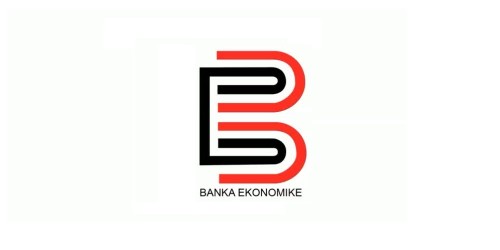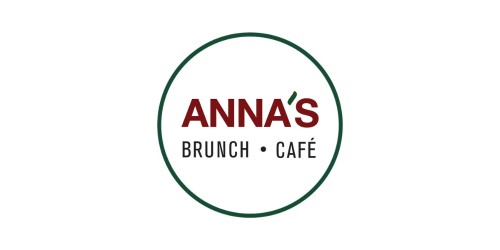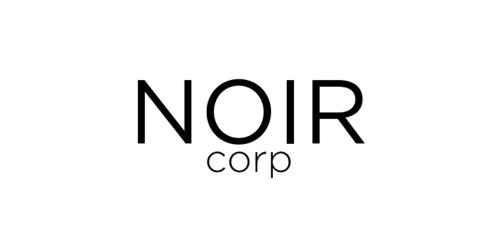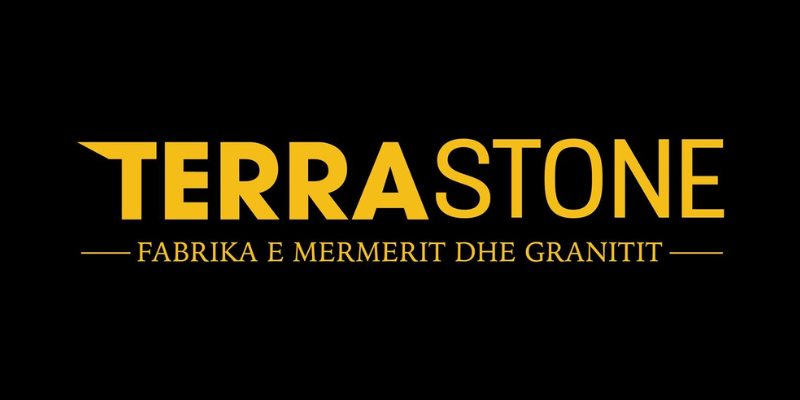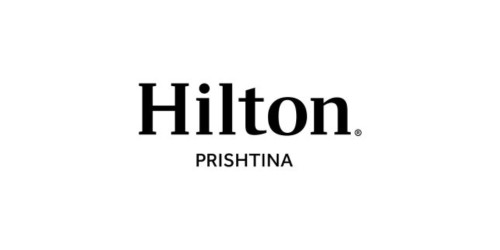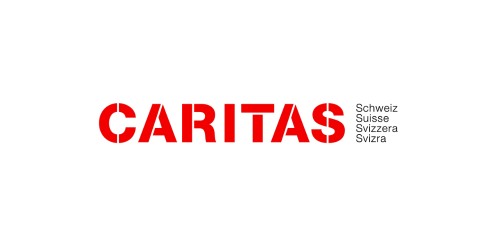
Together Advancing Kosovo’s Training and Employment within the Education Sector (TAKE)
Terms of Reference (ToR)
Developing Educators
Online Training Programme in Early Childhood Education
Caritas Switzerland (hereafter Caritas or CaCH) is looking for proposals from consultants (hereafter referred to as the Consultant) in line with the following Terms of Reference (ToR).
1. Background
The current momentum of prioritizing ECE in Kosovo and the education reforms taken on by the current
government paves the way for the professional development of preschool educators and the requalification of surplus teachers translating into opportunities for higher earnings. Likewise, by increasing inclusion rates of children in preschools, mothers and other caregivers have higher opportunities to enter the labour market and increase their family income.
Considering the successful work of CACH in early childhood, there is a strong network built with the public institutions and systemic changes can be observed in these institutions. The present intervention aims to capitalise on the previous experiences of providing VET training and adult learning for in-service educators, students (future educators) and piloting initiatives to support parents in receiving certified VET training to capacitate them into entering the labour market. Such mechanisms can then be replicated in a follow-up phase with a higher number of parents involved. Targeting parents from less advantageous backgrounds (lower socioeconomic status, minority groups, women), also warrants a higher return of investment in early childhood, especially higher for families from a low socioeconomic background. Targeting less advantageous families is particularly relevant in the context of Kosovo where 1 in 4 children under the age of 5 lives in poorer families.
Moreover, the intervention will support important processes in the education strategic plan (KESP 2022 – 2026) and the education reforms initiated at the ministry level aiming to advance the quality level at ECE and higher education with a focus on the Faculties of Education (FE).
Following the strong partnerships created with the FEs and their interest in continuing to advance their systems, cooperation at the faculty level is planned: The project aims at the creation of modules to be used for the requalification of teacher surplus so that they remain in the labour market by entering the ECE system.
Additionally, the cooperation with the faculties is planned to be expanded to provide internship schemes for students and recent graduates, consequently supporting the KESP objective of providing faculty students with opportunities for practice and experience to enter the labour market. In this regard, the revision of the pedagogical internship structure needs to be reorganised within the faculties to match better with the needs in the labour market and the professional development of students and recent graduates.
The overall objective of the project is to contribute to the quality training of early childhood professionals, strengthening employment in education and capacitating caregivers to enter the workforce.
This project builds on the achievements of the SHPRESE project and the long-standing expertise and practice-oriented approaches to early childhood of CACH. The project envisages maintaining and reinforcing the collaboration with the Ministry of Education and municipalities aiming to ensure quality and child-appropriate education. Through this approach, the previous investments and successes are rendered more sustainable and in close cooperation with government actors, the services are extended to more marginalised groups such as the hospitalised children.
The offer and quality of training and collaboration in the early childhood education sector aims at capacitating the main actors involved in children’s upbringing and development through practice-oriented approaches and vocational education & training. Professionals working on this education level
will be capacitated through digital courses in topics relevant to early childhood, alongside the development of digital competencies as a key required to be up to date.
2. Purpose and goals of the assignment
For the development of an online training programme, harmonised with the Curriculum Framework and the Core Curriculum of Kosovo, consisting of six (6) modules, a practice-oriented development programme for educators and other early childhood professionals with at least 6 online modules created, with the topics:
- learning through play;
- learning by doing;
- STEAM;
- emotional intelligence;
- sustainable education and use of the outside spaces and natural materials;
- digital competences required in education;
Goals:
The consultants will work jointly in compiling the training modules for preschool education
- The consultants and other supporting staff, work collaboratively in drafting six Online Training Modules needed within the TAKE project;
- The Online Training Modules reflect the existing practices and expertise of Caritas Switzerland in pre-school education and follow the existing structure developed within TAKE project;
- The Training Modules are aligned with the existing documents in Kosovo, including the Core Curriculum, KESP and other relevant documents.
The Training Modules:
- more systematic structure, are consistent and self-explanatory;
- include both theoretical and practical approaches and activities presented in an integrated way;
- provide sample practical examples and activities;
- include monitoring and evaluation tools; and
- are in line with current research, literature and contemporary methodologies, approaches, and practices on pre-primary education.
The consultants participate in the organised workshops and meetings, collaborate with one another in terms of harmonising and peer-reviewing the modules.
3. Methodology
The consultant(s) will develop the training module(s), using several approaches
- research into existing concepts, practices, methods, and tools;
- background reading of existing documents previously developed by CaCH and national documents;
- joint development of the training module(s) structure, and content, together with project team and other consultants;
- independent work in developing the assigned module;
- integration of comments and suggestions into the final version; and
- harmonisation of training modules for successful alignment with one another.
4. Expected Results and Deliverables
The Training Modules are developed, each one clearly delineating all steps for a 1-day training programme incl. additional pre-reading, reading and background materials, as well as practical examples, activities, checklists, and other forms presented as photocopy materials to be distributed to the training participants.
The Training Modules are drafted and peer-reviewed in collaboration with other consultants.
5. Experience and skills required
The Service Provider must have the following necessary skills and knowledge:
- Post-graduate degree (Master's degree preferred) in education, special pedagogy, or a related field in the social sciences;
- At least 4 years of work experience in developing training modules or similar work in the field of education and vocational training;
- Excellent command of Albanian or other official language and English ;
- Possess well-developed skills needed for researching, analysing, and synthesizing information;
- Have experience in working as a trainer, preferably in pre-primary education or early childhood development;
- Be able to work independently as well as in groups;
- Be proficient in using ICT including, but not limited to, word processing software, internet, email, video messaging software, cloud services (i.e. online drive, google docs or similar);
- Creative, motivating, and open to suggestions;
- Have good monitoring and reporting skills;
- Deadline-oriented.
During all activities of this assignment, the consultant(s) will be supported by CaCH and other experts.
6. Location and timeline
The development of the Training Module(s) will be extended over a period of 6 months (January – June 2023) with up to 9 working days, per each of the 6 modules. The authors are also expected to participate in organised workshops and meetings.
- Invitation for offers & publication: 02 November 2022
- Deadline for submission of offers: 23 November 2022
- Selection & contracting, tent. ToR review: 28 November 2022
- Inception workshop: around 06 December 2022
- Development of Training Modules: January 2023 – June 2023
- Interim reports and work progress: January 2023, June 2023
- Second workshop, as needed, tentative: Last week of February 2023
- First version of training submitted for peer-review: 31 March 2023
- Peer-reviewed versions submitted: 17 April 2023.
- First versions finalised: 15 May 2023
- Training Modules finalised: 23 June 2023
| Duties and Responsibilities per module (6x) | Days/Person |
| Preparatory phase (background reading and research) | 1 working day |
| Development of the training module | 6 working days |
| Peer-reviewing & reporting | 1 working day |
| Finalisation | 1 working day |
7. Application process
Interested consultancies can apply for 1 up to 6 modules. Consultancies are asked to provide a written proposal, including preliminary ideas and a budget, along with the completed Application Form and samples of previous related work and/or creations, to [email protected], and cc. to [email protected], indicating ‘Consultant authors – TAKE’ in the subject line.
In case of questions or for further information, please contact [email protected] or [email protected]
The offer should include:
- Proposal incl. a critical analysis of project objectives and ToRs; the proposal must include a brief concept incl. envisaged methodology and detailed work schedule;
- Financial proposal with proposed daily rates;
- CV, with references, and
- Samples of previously related work.
Deadline for submissions of offers is 23.11.2022. Please send your offer to [email protected] , and cc. to [email protected]
Note that applications missing the required documents may not be considered for shortlisting!

